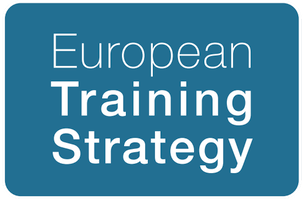

The single behaviours are summarised in different headlines that illustrate what “being civically engaged” means for youth workers behaviour-wise. The “cluster headlines” do not name behaviours as such; these can be found through clicking on the lists.
It is crucial to create diversity-aware spaces in which learning from each other, as well as cooperation and collaboration can take place. + -
Thus, youth workers:
- work to engage young people of different backgrounds in social and political dialogue
- encourage young people to connect with their in-group (bonding), with others (bridging) and those in power (linking)
Youth workers need to face up to and overcome obstacles and minimise risks. + -
They need:
- to address challenges to young people’s engagement (e.g. fake news and other types of misinformation ) and their impact on political and social developments
- to actively work on overcoming structural and systemic obstacles to critical youth civic engagement
- to assess and address potential risks when supporting young people in their critical civic engagement to ensure their safety
(Self-) reflection and how one acts and presents oneself are the foundation of working towards civic engagement with young people + -
This requires youth workers:
- to self-reflect on their identity, values, privilege, power, and power relations, and ways in which they manifest
- to role-model advocacy by speaking out against injustice in a socially responsible and effective manner
- to work with young people to co-create ways to address local and global, progressive social and human rights issues




